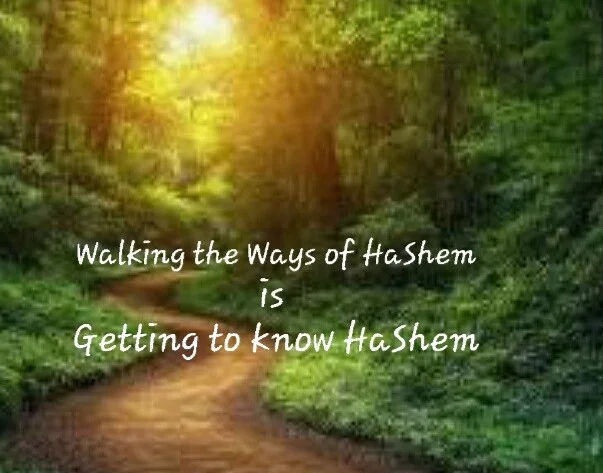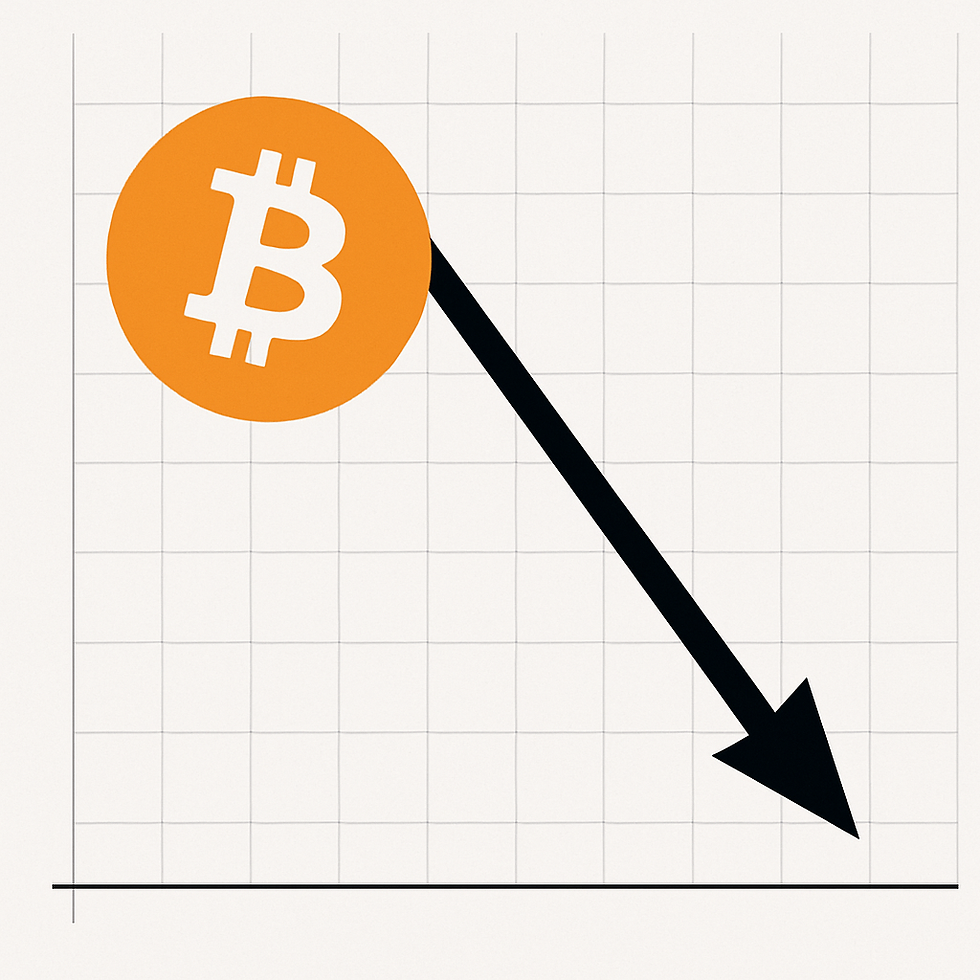Sucology
- WireNews

- Oct 7, 2022
- 4 min read
by Rabbi Jeremy Rosen

The Festival of Sucot doubles up as the Festival of Ecology. Yes, indeed. You might think that ecology is a modern notion. But there are very specific laws in the Torah about treating the agricultural world with respect and consideration; about not destroying fruit trees or needlessly laying waste even under battle conditions. Scorched Earth is not a biblical tactic.
And there is a specific law against wasting or eliminating anything needlessly or destructively.
But laws are not enough. There always needs to be a spiritual or you might call it a poetic dimension. Sucot provides this.
The official reason for spending the week in a Sucah is, of course, to recall the way the Israelites lived as travelers in the Sinai desert with the flimsiest of human-made protection, totally dependent on God. Or to put it another way, forces beyond human control.
Living in the desert inevitably makes one conscious of nature in a way that city dwellers can never be. Anyone who has spent even a day in the Negev knows how different the air, the sounds, and the feel of the atmosphere are. One of the functions of living in the Sucah is to try to get back to a degree of closeness with the elements and even with the discomforts our homes protect us from. All Mystical traditions try to return to an earlier state of unity with nature and certainly the Kabbalah associates humans with nature and nature with God.
Similarly, the Arba’a Minim, the four kinds of plants we take on Sucot give us experiences of touching, smelling, and looking at nature in ways that we do not normally do throughout the year. It is not simply a matter of taking some plants and waving them about. It is to remind us how these plants live, grow and flourish. They connect us to water. Without water, none of them could survive.
Despite overwhelming evidence of a coming crisis, there is still a debate going on, about the ecological state of the universe. Some may argue that there have always been periods of global warming and global freezing. But regardless, the visible fact is that our world is warming rapidly and dangerously and this already is causing unprecedented melting of icecaps and glaciers. And we humans are contributing significantly to its progression. Not to mention the refuse, junk, litter, and destruction of forests we seem relentlessly to pursue no matter how much the high-profile agitators urge us to cease and themselves refuse to forgo carbon-producing luxuries.
Industrialization is soiling the atmosphere, and expanding humanization is destroying natural resources and wildlife. Despite the urgent conferences and treaties and expressions of good faith, and spending billions and billions, we are barely improving. Largely because poorer states cannot afford the luxuries of rich ones. And the rich states don’t want to curtail their excessive materialism. The crisis is worse precisely because we have left it so late.
Nature is complex. In the USA lakes are drying up as heatwaves bring droughts. And on the other hand, thousands have died because of massive floods. Every element in nature can do good and harm, including us. Warm or burn, slake thirst, or drown. Like us human beings. We succor and we destroy. But there are consequences to thoughtless consumption.
Most politicians and magnates everywhere are only interested in watering their own gardens or filling their own swimming pools and flying in private jets. The crisis has arrived precisely because we do not value water and nature enough. We have put other values to the fore that are in danger of destroying the natural world and our cozy lives with it. All is not lost. Human ingenuity can usually find ways of ameliorating crises.
The Torah talks about remembering how our ancestors lived in simple huts while they wandered through the wilderness. You could say that the message intended is that we should not put so much emphasis on or be so dependent on material things. Ironically, the more material we become the more we look for non-material answers to the mysteries of the world and compensations for the dissatisfactions of our indulged existences.
Another side effect is that the more science advances and yet fail to provide answers to our personal uncertainties or happiness, the more many of us look for and accept quack answers, false absolutes, panaceas, and superstitions. We see the effects. But we carry on as if someone else, perhaps God, will take care of us.
Most religions tend not to like new-fangled ideas, particularly those from secular sources. And I will be accused of borrowing secular ideas that run counter to tradition. But I think, and Jewish history is on my side, it is important and valid to add new dimensions and significance to ancient traditions. It doesn’t matter whose idea it was or where the impetus came from.
I love Sucot with its exotic touches and smells, the citrusy etrog, the spikey lulav, the scented oil of crushed myrtle leaves and the poor nondescript willow crumbles like dry paper when it is deprived of water. All of a sudden, we are reminded of nature. If we don’t recognize the importance of ecology there won’t be any plants to hold and smell and imagine or little booths to sit in and recreate the past or clean air to breathe or water to drink. So, when you pick up your palm, citron, willow, and myrtle, give a thought to how lucky we are to have them.
Happy Sucot.
###
Jeremy Rosen was born in Manchester, England, the eldest son of Rabbi Kopul Rosen and Bella Rosen. Rosen's thinking was strongly influenced by his father, who rejected fundamentalist and obscurantist approaches in favour of being open to the best the secular world has to offer while remaining committed to religious life. He was first educated at Carmel College, the school his father had founded based on this philosophical orientation. At his father's direction, Rosen also studied at Be'er Yaakov Yeshiva in Israel (1957–1958 and 1960). He then went on to Merkaz Harav Kook (1961), and Mir Yeshiva (1965–1968) in Jerusalem, where he received semicha from Rabbi Chaim Leib Shmuelevitz in addition to Rabbi Dovid Povarsky of Ponevezh and Rabbi Moshe Shmuel Shapiro of Yeshivat Be'er Ya'akov. In between Rosen attended Cambridge University (1962–1965), graduating with a degree in Moral Sciences.








